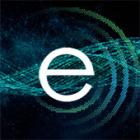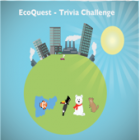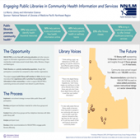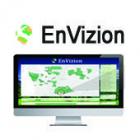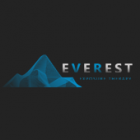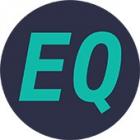
eBooks for a Suburban Middle School
According to a recent national study of ebook usage, between 2013 and 2014 demand for ebooks grew more among middle school students than any other educational group (School Library Journal, 2014). Gildersleeve Middle School is BYOD (bring your own device) but the library’s collection includes only two ebooks. Our project was to develop a complete proposal for an ebook collection that would significantly expand the existing collection and reflect the culturally and linguistically diverse student population. We developed a proposal that detailed students’ information needs, evaluated several vendors, proposed specific titles for acquisition, developed a budget, and outlined innovative ways to promote the new collection. Now, thanks to this project, the librarians at Gildersleeve have a complete proposal for developing a new ebook collection, as well as a list of recommended ebooks to purchase. The only thing left for them is to implement the proposal and grow their ebook collection.


